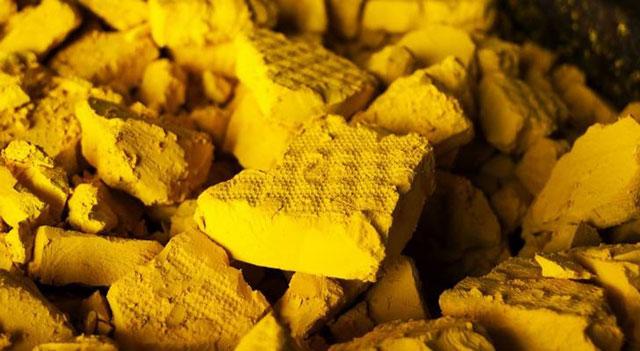You are here
Electricity demand expected to triple by 2030 — minister
By Mohammad Ghazal - Jun 11,2014 - Last updated at Jun 11,2014
AMMAN — The government on Wednesday said electricity demand will triple by the year 2030 in the Kingdom, stressing its keenness to diversify energy sources.
Energy Minister Mohammad Hamed said the “high and uncertain” cost of energy imports is negatively affecting the development of the country.
“Therefore, the development of secure alternative energy supplies is a top national priority for Jordan,” Hamed said at a workshop on Small Modular Reactors (SMRs) hosted by the Jordan Atomic Energy Commission (JAEC) and conducted by the International Framework for Nuclear Energy Cooperation (IFNEC).
He added nuclear power is seen as a major component of “our national energy strategy”.
In remarks late last year, Hamed said the demand for electricity is expected to double from 2,000 megawatts (MW) to over 4,000MW by 2020.
Before 2011, more than 85 per cent of electricity in Jordan was generated using imported natural gas from Egypt.
Due to multiple disruptions in the supply of Egyptian gas, the government has converted most of the power plants to burn heavy fuel and diesel oil, which led to accumulated losses of about $5 billion during the last three years.
“Jordan realised that diversification of its energy supply is the most important pillar to guarantee energy security for the future,” Hamed added at Wednesday’s workshop.
Stressing the country’s commitment to go ahead with plans to build nuclear power plants, the minister said Jordan is currently planning to construct two 1,000 megawatt reactors.
Representatives from 22 IFNEC member and observer countries, multilateral development banks, international organisations such as the International Atomic Energy Agency (IAEA) and the Nuclear Energy Agency also participated in the two-day workshop, which aims at gaining a better understanding of the expected activities and issues associated with the deployment of SMRs worldwide.
In remarks at the event, JAEC Chairman Khaled Toukan said the development and potential deployment of commercial SMRs have captured the interest of both the industry and customers.
The lower investment cost of SMRs in comparison with commercial reactors provides better adaptability for certain electrical grid systems with higher efficiency, simplicity in design and safety improvements representing a mature technology, he explained.
SMRs are small reactors that produce less than 300 electric megawatts and medium reactors that produce up to 700 electric megawatts, according to the IAEA.
The purpose of building such reactors is to reduce the burden of high financial cost invested in big commercial reactors, in addition to generating electricity at competitive prices and reducing construction time and operating costs.
SMRs are expected to be deployed in the 2025-2030 time frame.
Related Articles
AMMAN — The Jordan Atomic Energy Commission (JAEC) and Rolls-Royce on Thursday signed a memorandum of understanding to conduct a technical f
AMMAN — The Jordan Atomic Energy Commission (JAEC) is in “serious and advanced” talks with China National Nuclear Corporation (CNNC) to buil
AMMAN — Experts estimate that the central region holds about 41,000 tonnes of yellowcake uranium, according to Nuclear Reactors Officer at t

















